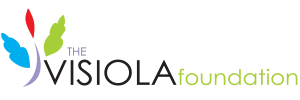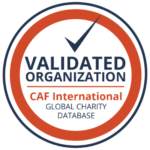the visiola foundation e-newsletter
Issue Q1, 2015
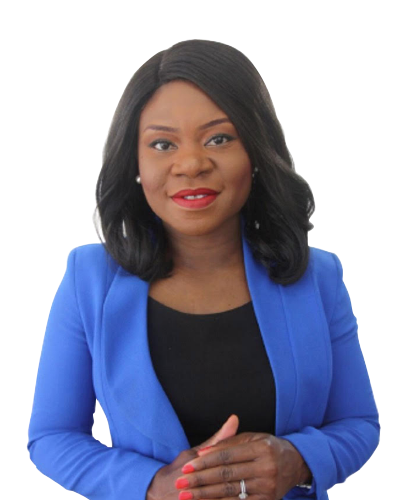
Ladé Araba
Founder and President of the Visiola Foundation
Founders' Corner
A number of resource-rich African countries have a growing industrial and manufacturing base, which requires a large number of highly skilled technical professionals to help diversify their economies for sustained economic growth and poverty reduction. They therefore require skilled engineers, scientists, and innovators. More students are thus required to pursue careers in the STEM (Science, Technology, Engineering, and Math) fields. STEM offers numerous opportunities to students, who can select an exciting career path that fulfills their intellectual curiosity, stimulates innovation, and transforms them into problem-solvers in an increasingly complex and competitive global economy. This is especially important in a continent with a large youth population, high unemployment, and limited technological penetration and advancement in important sectors. It is also imperative to attract girls from an early age in order to encourage a higher number of female STEM professionals.
The Visiola Foundation continues to play an important role in achieving this ambitious goal. The Foundation is actively building a pipeline of leading female African engineers, scientists, IT experts, mathematicians, and innovators. We expect our future leaders to make critical contributions that will significantly improve the standard of living of many Africans, while strengthening manufacturing processes, developing new products, and creating numerous scientific breakthroughs, among other feats.
Join us as we present a summary of our activities during the first quarter of 2015.
Happy reading!
Ladé
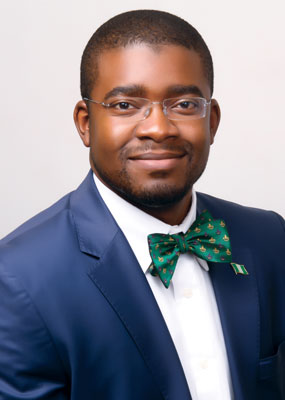
Adebisi Araba
Co-founder and Executive Director
Message from the Co-founder and Executive Director
As an Environmental Scientist, I am especially concerned about the dearth of African scientists in this important field. It is a well-known fact that African countries contribute the least to climate change. However, they are the biggest casualties in this unfortunate global crisis. Global warming has increased the frequency and intensity of severe floods and drought, which escalate the risk of malnutrition among vulnerable Africans, while further limiting access to potable water and improved sanitation.
A number of critical interventions are required to build more resilient African economies. In my current line of work, I led the development of a national resilience framework to help build a more robust country that can readily adapt to and mitigate against climate induced risks. I am also leading key efforts to introduce climate-smart agriculture technologies and processes to secure the nation’s food supply. These innovations can be readily applied across the African continent to deliver impressive results.
However, the continent requires many more scientists to research and implement new methods to respond to this urgent need and ensure food security across the region. We therefore need to attract more students into this field. We especially need to close the gender gap and benefit from the analytical rigor of our female students – who account for about 50% of our population.
Given the attractive opportunities in this sector and the high unemployment rate in Africa, it behooves us to invest in building the types of technical competencies and skills that are required for our long-term sustenance and survival.
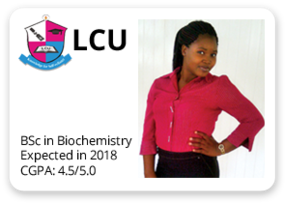
Rachael Ashaolu
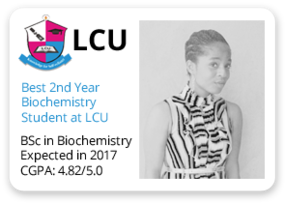
Omolara Kassim
Meet the Best Biochemistry Students at LCU!
Rachael Ashaolu
“Receiving this scholarship was a dream come true! I have always wanted to become a biochemist because I am curious about diseases such as cancer and diabetes, and most recently Ebola, which has ravaged some countries in West Africa. I would like to research cures to these diseases and hope to develop new drugs. I would definitely like to specialize in cancer research and earning a Bachelor of Science degree in biochemistry is the first step.
The health needs of people in my community are significant and unfortunately, many cannot afford appropriate care. I would like to build a hospital that provides free diagnostic services and treatment for those who are most in need. This scholarship has lifted me up to be able to attend university and I want to help as many people as I can. I am also concerned about the challenges facing girls and orphans in my community. I would like to mentor them and hopefully open an orphanage as well.”
Omolara Kassim
“I have always dreamt of getting a sound education and of utilizing the knowledge I acquire to assist the less privileged. However, there was a time when this dream seemed unrealistic. I didn’t have the financial resources I needed and just when I thought all hope was lost, I heard about the Visiola Foundation’s Scholarship Program.
Being granted a full scholarship to earn a Bachelor of Science degree in Biochemistry came as a big relief. Education is paramount to me as I have high hopes for my future. The Visiola Foundation has shown me that “there is a light at the end of every tunnel” because I no longer worry about how to pay my school fees. My career goals are to become a researcher and a lecturer as I enjoy teaching and I love chemistry. I would also like to research cures to various illnesses and I plan to earn a Master’s degree in medical biochemistry to understand diseases better. I ultimately want to get a PhD, get married, and live a fulfilling life.”
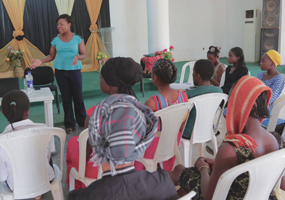
There has been a lot going on in our adopted community!
Updates from Mpape
We are training this ambitious set!
The “Adopt-A-Community” Program undertakes targeted youth mentoring and empowerment activities focused on at-risk youth. Mpape serves as the pilot community. Mpape is a largely informal settlement located in the Federal Capital Territory (FCT) of Abuja, Nigeria. It is estimated that about 500,000 people live there, many of whom are mid to low-income settlers without legal tenancy. The community is home to a high number of dis-affected youth. Many of the youth residing there are school dropouts who are excluded from formal education possibly due to the lack of finances.
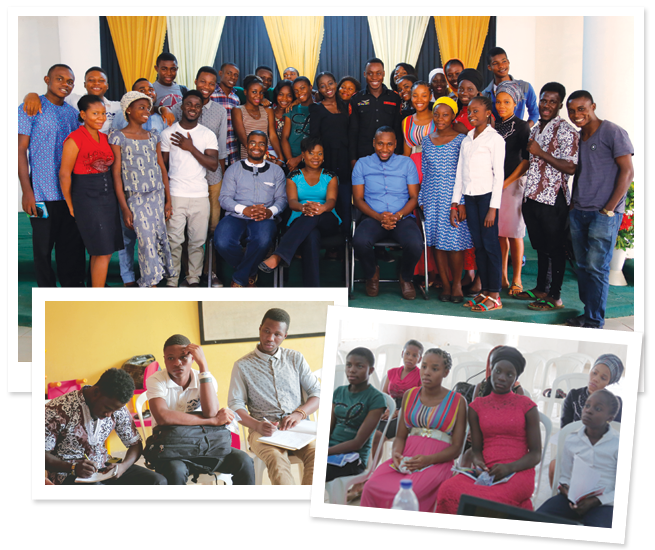
The program seeks to identify, rehabilitate, and mentor these high-risk youth, building their self-esteem and confidence, and also providing them with skills training to enable them to access (and create) employment opportunities. Some of the high potential girls will be considered for the Visiola Foundation’s Scholarship Program, which is geared towards encouraging more female students with high potential to pursue STEM careers.
The Visiola Foundation is building a dynamic set of entrepreneurs and future STEM professionals in Mpape. The Foundation has developed a targeted entrepreneurship-training program, which is being delivered through weekly sessions, which began in the first quarter of 2015.
The Entrepreneurship-Training Program includes the following modules:
- Key Pillars for Personal and Professional Success
- Identity and Value System
- Strong Work Ethic
- Developing Skills/Expertise
- A Great Attitude
- Entrepreneurial Leadership
- Setting a Vision
- Delivering Results
- Providing Quality
- Being Reliable
- Serving Others
- Meeting Needs
- Entrepreneurship 101
- Developing a Business Plan
- Conducting Feasibility Study
- Doing Market Research
- Branding/Communications
- The Financial Plan
- The Basics and Opportunities in Agribusiness
- Entrepreneurship 101
- Fish-farming
- Creating a youth cooperative and running a successful fish farm
- STEM Lab
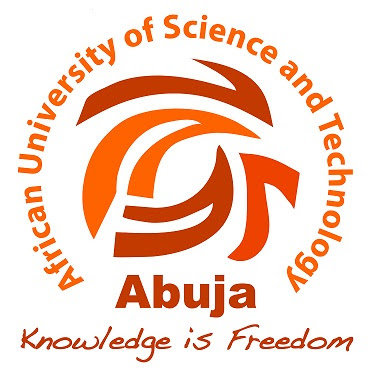
The Visiola Foundation supports the “Zero Ebola” Campaign in West Africa.
The Visiola Foundation partners with the African University of Science and Technology (AUST) to attract more women into the STEM fields
AUST is a private, pan-African, co-educational, Research University located in Abuja, Nigeria. The mission of AUST is to advance knowledge and educate students in science, technology, and other areas of scholarship that will best serve the African continent in the 21st century. AUST is dedicated to providing its students with an education that combines rigorous academic study and the excitement of discovery with the support and intellectual stimulation of a diverse international and diaspora community. AUST has graduated three sets of Ph.D. and Master students in computer science and engineering, pure and applied mathematics, theoretical physics, petroleum engineering, materials science, and engineering since its inception in 2007.
The Visiola Foundation views AUST as a strategic partner given its complementary mission. The Visiola Foundation and AUST have committed to partner together to encourage more girls and young women to pursue careers in the STEM fields.
To learn more about AUST: http://www.aust.edu.ng
did you know
Nigeria’s population is expected to exceed 220 million people by the year 2020, of which 73 million (33%) will be under the age of 24.

There are presently 11 million children who are out of school (62% of them girls), including 4.7 million elementary school age children.
30% of pupils drop out of primary school and only 54% proceed to junior secondary schools.
Nigeria needs 212,000 primary school teachers (13% of the global total) in 2011 – 2015.

Half of Nigerian adults (51%) are illiterate.
Women make up two-thirds of the global illiterate adult population.
Half of sub-Saharan African women do not have basic literacy skills.
All but one of the 10 countries needing the most additional primary school teachers, are in sub-Saharan Africa. Pakistan is the exception.

US$4 billion is required annually to pay the salaries of the required additional primary school teachers to achieve universal primary education in sub-Saharan Africa by 2020.
